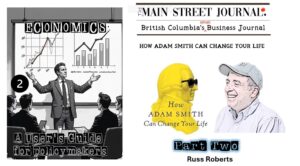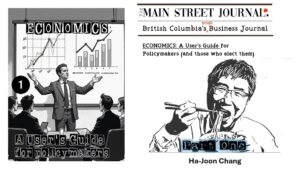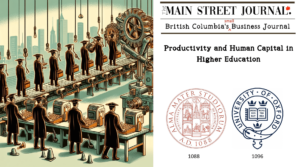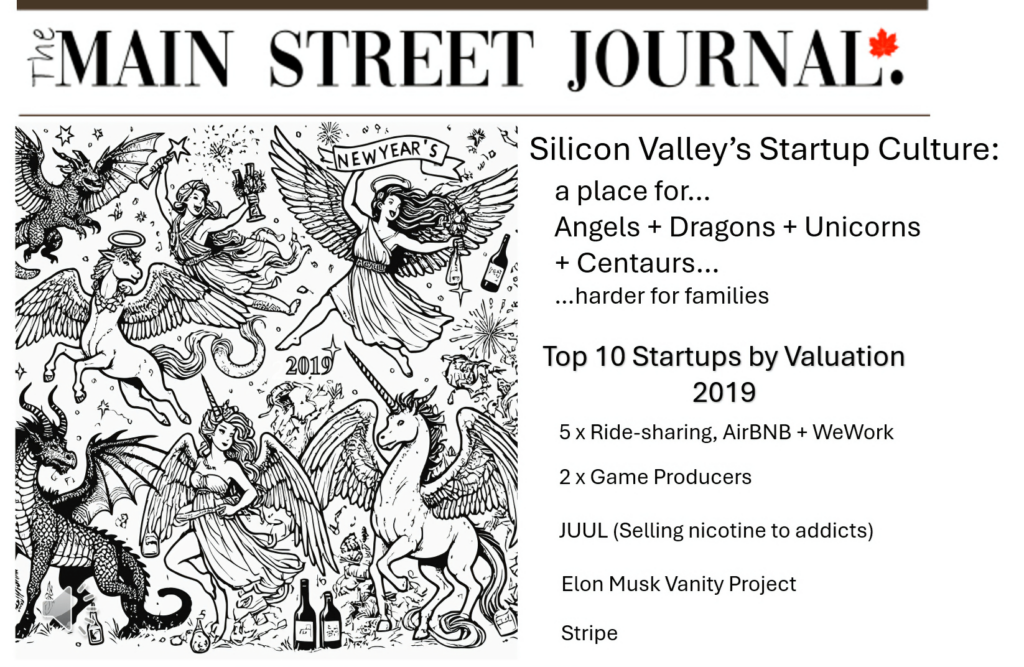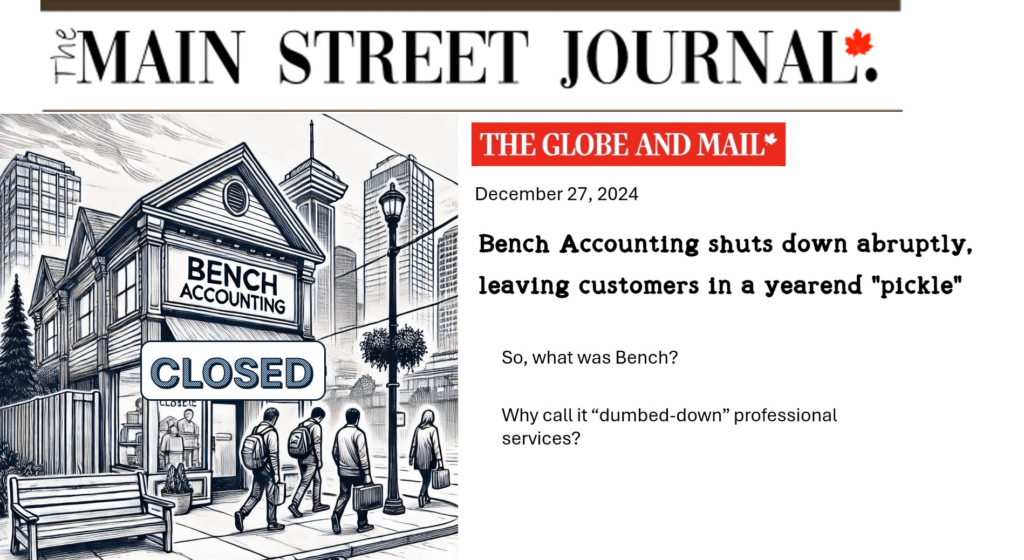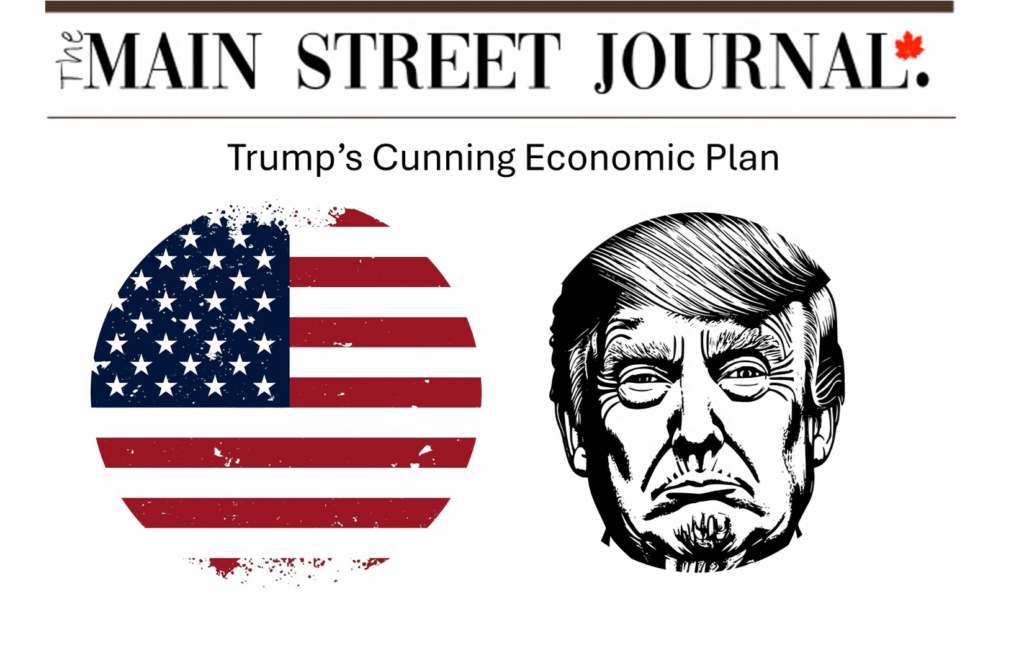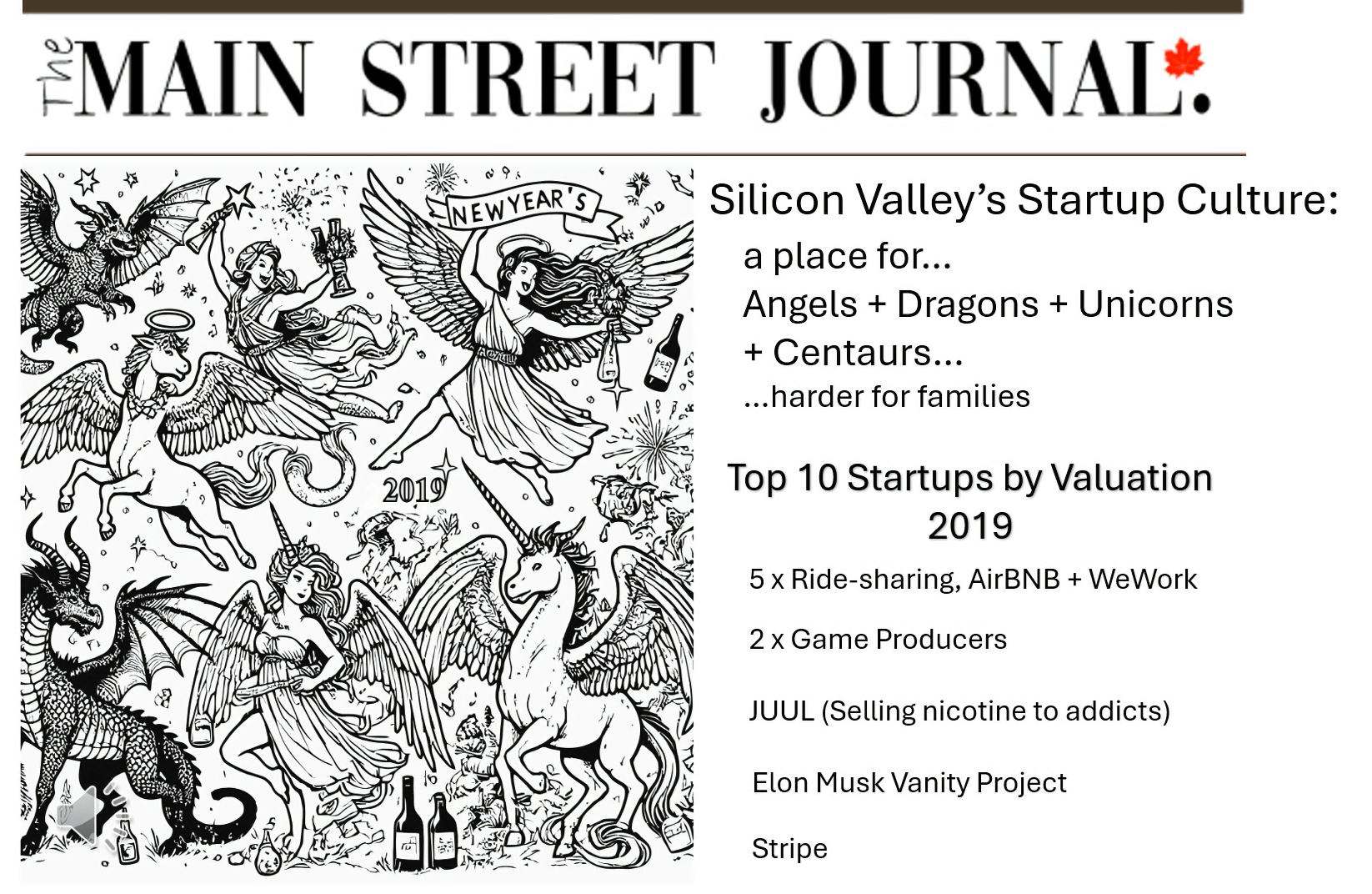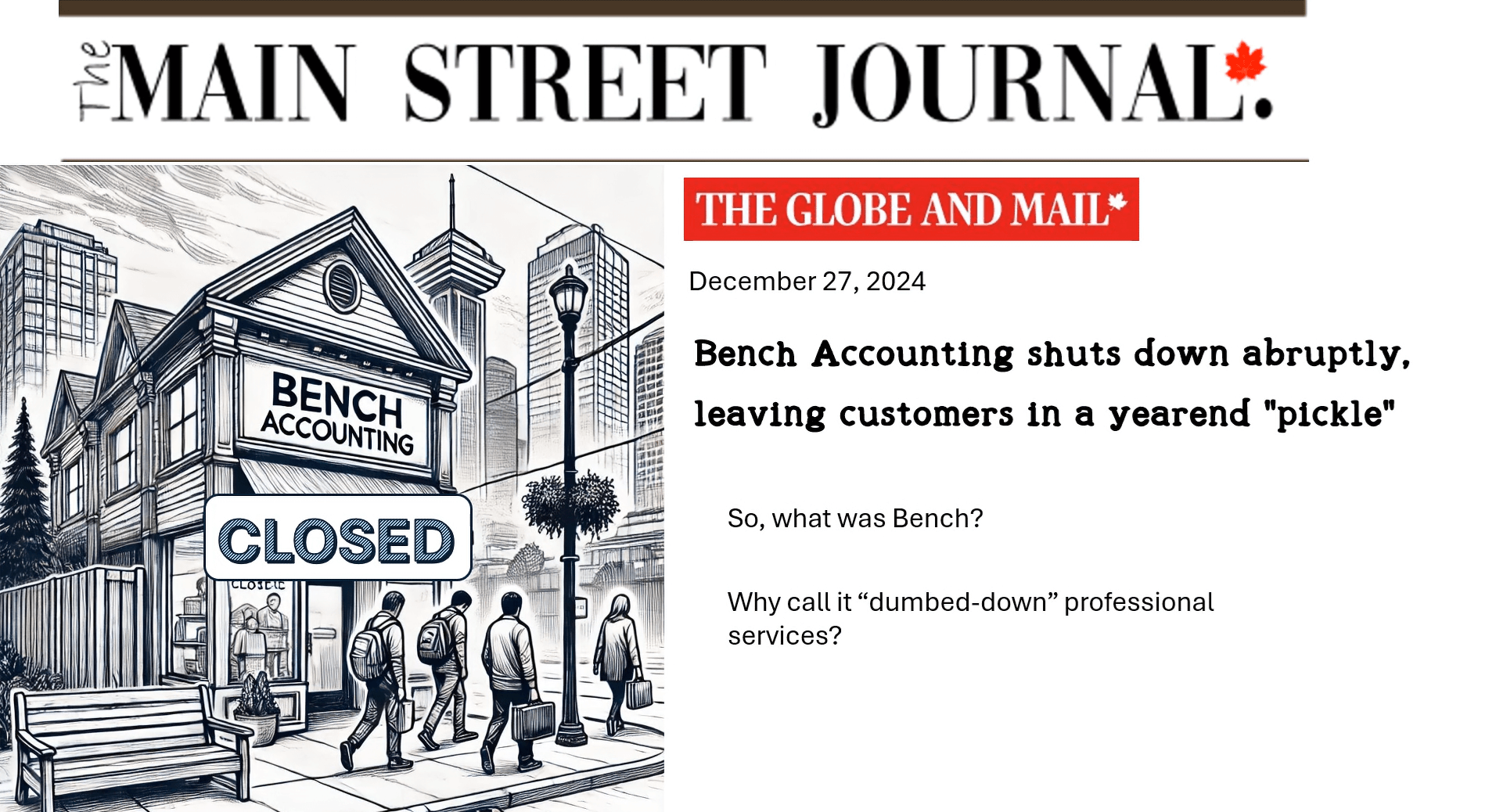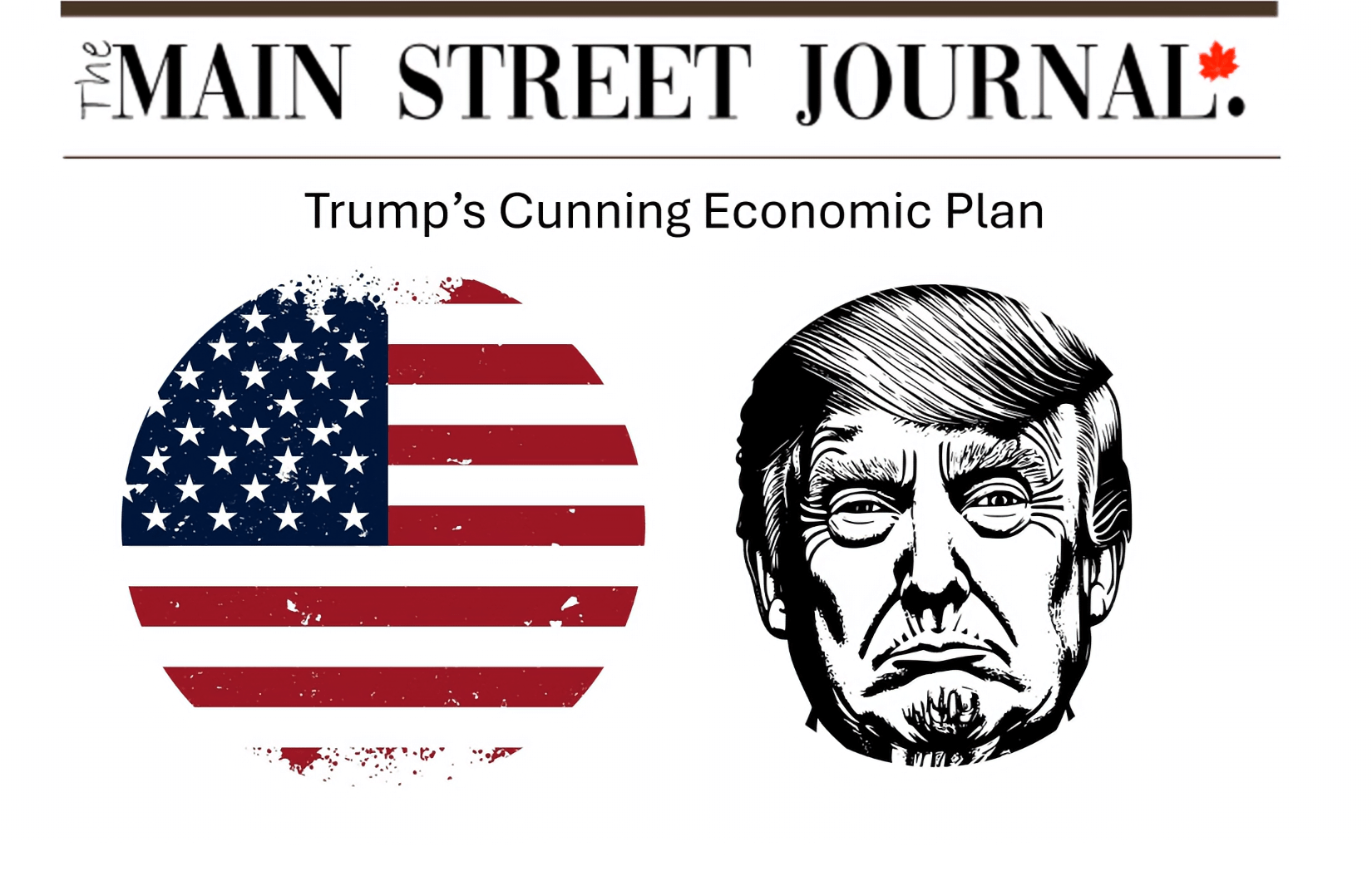So, How Big is Small?
Everybody seems to have a different definition

the Globe’s Report on Small Business gets delivered to my inbox
While the reports are often interesting, the businesses covered aren’t usually small. One of the latest reports featured MINDBRIDGE ANALYTICS INC. They’re an AI[1] ‘startup’ with between 130 and 201 employees, depending on where you look.
The truth is that the term ‘startup’ is also confusing.
WHAT IS A STARTUP?
So, we went to our standby alternatives to AI (i.e. ‘actual intelligence’)
WIKIPEDIA
“A startup or start-up is a company or project undertaken by an entrepreneur to seek, develop, and validate a scalable business model. While entrepreneurship includes all new businesses, including self-employment and businesses that do not intend to go public, startups are new businesses that intend to grow large beyond the solo founder. At the beginning, startups face high uncertainty and have high rates of failure, but a minority of them do go on to be successful and influential.”
INVESTOPEDIA
“The term startup refers to a company in the first stages of operations. Startups are founded by one or more entrepreneurs who want to develop a product or service for which they believe there is demand. These companies generally start with high costs and limited revenue, which is why they look for capital from a variety of sources such as venture capitalists.”.
..and just for the heck of it we tried CHAT GPT (an ‘actual’ AI source)
CHAT GPT
“The term “startup” typically refers to a newly established and often fast-growing company that is in the early stages of developing a unique product or service. Startups are often associated with innovation and disruption in their respective industries, and they usually operate in the technology sector, although they can exist in any industry. Startups are typically characterized by their focus on rapid growth, scalability, and the potential for high returns on investment. They often operate with limited resources and rely heavily on the talent and creativity of their founders and employees to achieve their goals.”
In our view, a startup is a company – but probably not a business. It’s more like a science project. We think of it as a group of would-be entrepreneurs looking to discover a scalable business model. Like the Globe and Mail and their issue with defining a small business – most people in the startup community don’t know when a startup stops being a startup, and starts being a business.
DALL-E AI-Generated image of Talking Heads defining Small Business
OK – NOW LET’S DEFINE A SMALL BUSINESS
According to BC STATS, who refer to themselves as:

“the provincial government’s leader in statistical and economic research, information and analysis. We can help you increase overall business performance by providing the information you need to make effective decisions.”
Small businesses in our province are:
“Defined as businesses with fewer than 50 employees”
According to STATISTICS CANADA:

“Statistics Canada considers a small enterprise as one with fewer than 100 employees, including those that do not report any employment. Medium-sized enterprises have 100 to 499 employees, and a large one has over 500.”
At the MAIN STREET JOURNAL we prefer the BC STATS definition.
In their 2022 edition of SMALL BUSINESS PROFILE BC STATS explain:
“Small businesses are the backbone of our provincial economy. In British Columbia (B.C.) there are more small businesses per capita, they employ a larger share of the workforce, and self-employment is more common here than in any other province.
Small businesses account for 98 percent of all businesses in B.C. In a province with 5.2 million people and 510,700 small businesses, that means one in ten British Columbians are entrepreneurs[1] of some kind.”
Interestingly, BC STATS doesn’t even have a ‘medium-sized business’ category. From our perspective that makes sense.
[1] Understanding what is meant by the term ‘entrepreneur’ is probably a bridge too far for this article. But it isn’t the same as a business owner. Accountants, optemetrists, and lawyers own businesses, but mostly they aren’t entrepreneurs.

Cognitive Bias Against Small Business – Youtube Video
(Note: Since 2018 employment by larger businesses has increased marginally in relative terms. This may be attributable to the COVID-19 pandemic – at least to some extent. By our recent estimates, small businesses only account for about 73.2% of private sector employment as we post this. However, the average number of employees per small business appears to have declined as well from 7.0 to 6.7.)






